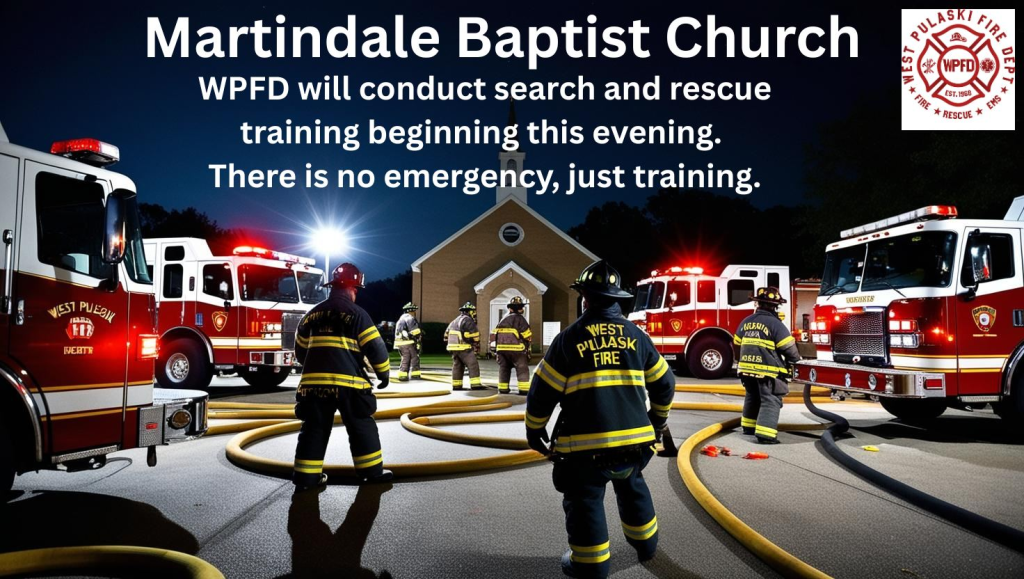These recent storms played havoc on many communities in our fire district this weekend. We received several calls on our business phone, text messages, and personal phone calls to firefighters regarding downed trees or situations threatening homes, powerlines, or streets. Additionally, lots of social media posts to neighbors were sent to quickly spread the news about dangerous situations or blocked roadways.
We want to remind you that in any dangerous situation, your issue requires a call to emergency dispatchers at 911.
Dialing 911 is what gets our fire and rescue trucks moving as we need to be officially dispatched along with other agencies like law enforcement, ambulance, county resources and utilities.
There are lots of pieces in play for an emergency or other dangerous situation .
When seconds count, dial 911 first to get emergency help on the way before posting to social media or reaching out to non-emergency numbers.
Certainly, there are times to use non-emergency numbers but only do so when time allows a flexible response.
Stay safe!






